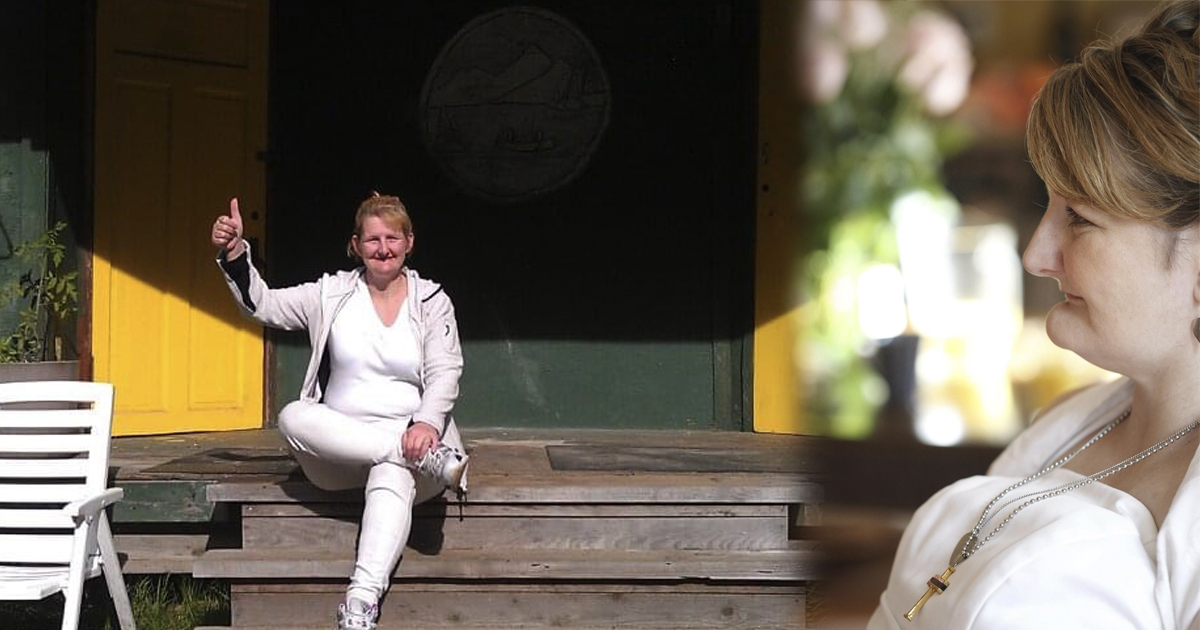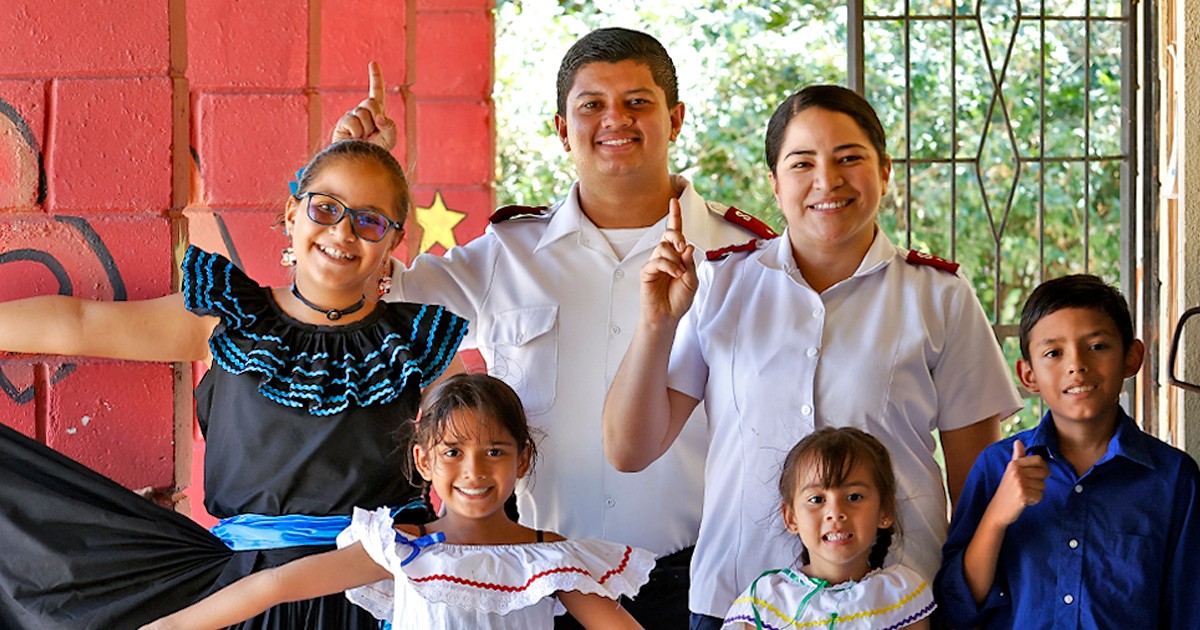God grant me the serenity to accept the things I cannot change, the courage to change the things I can and the wisdom to know the difference.
These lines, widely known as the Serenity Prayer, are recited daily in rooms across the country by individuals seeking peace in their lives after a season of turmoil. In one of these rooms, I met Roz. She was a firecracker. She took and did nothing lightly. At times she shared stories that gave me glimpses into her years of pain in childhood and struggle for survival in adulthood. There was no shortage of hardship in her life.
I met Roz shortly after she had a transforming experience with Jesus. Every part of her life was sharply redirected. She would often say, “I’ve lived through hell, and this isn’t heaven but it’s closer than I was before.” She was determined to enjoy the journey.
The Lenten season gives us an opportunity to journey with Jesus through the wilderness, through the hardships of “a dry and weary land” (Psalm 63:1 NRSVUE). It’s a time of inner reflection, self-denial and repentance in preparation for the culmination of Easter Sunday. Lent is often referred to as the season of “bright sadness” because the hardships of the wilderness can be heavy, but we have the advantage of knowing that, in the end, the darkness does not overcome the light (see John 1:5).
In circumstances of hardship, it’s common to find ourselves assigning blame, grasping for control or sinking into despair. Somehow, we are led to believe that determining something or someone is to blame will bring balance to the uneven hand we’ve been dealt—but it doesn’t. Often, feelings of denial and refusal to “accept the things we cannot change” prompt us to jump in the driver seat and attempt to take control—but we can’t.
On the other hand, feelings of powerlessness can lead to despair, veiling our eyes from hope and impressing on us the belief that life will be this way forever—but it won’t. The Bible is full of stories of individuals who have had life-transforming encounters with God in hard places. Time and time again, we see there are periods of sorrow and waiting, moments of testing and temptation, places of barrenness and isolation and, in their midst, there is also God and his significant gift of peace. Peace that surpasses understanding.
In his book Breathing Under Water: Spirituality and the Twelve Steps, Franciscan priest Richard Rohr writes, “We suffer to get well. We surrender to win. We die to live. We give it away to keep it. This counterintuitive wisdom will forever be resisted, denied and avoided, until it is forced upon us by some reality over which we are powerless.” Rohr’s words are a description of accepting hardship as a pathway to peace. What if, instead of blame, control and despair, we chose to engage in suffering—taking responsibility and walking through the desert one step at a time; surrender control—allowing room for the Holy Spirit to guide us, even to unplanned places; die to our flesh—practising true repentance and throwing off everything that hinders us; and give our lives away—letting go of the gifts we cling to and taking hold of the gift-giver?
We never know when the hardships of our wilderness seasons will come, but when they do, we can be certain that God is not far, growth is possible and that his gift of peace is at hand. My friend, Roz, died in the summer of 2014. I wouldn’t say she ever became “OK” with the hardships that she survived, but she knew they had shaped her and prepared her for greater things. She allowed her hardships to be part of her pathway to peace.
There are many traditions tied to the season of Lent. You might choose to fast, dedicate more time to prayer, abstain from certain pleasures, cut your spending or commit to supporting Partners in Mission. In whatever way you journey with Jesus to the cross in this season, perhaps you can find affirmation in the second half of the Serenity Prayer, attributed to American theologian Reinhold Niebuhr:
Living one day at a time, enjoying one moment at a time.
Accepting hardship as a pathway to peace.
Taking as Jesus did, this sinful world as it is, not as I would have it.
Trusting that you will make all things right if I surrender to your will.
So that I may be reasonably happy in this life, and supremely happy with you forever in the next.
Amen.
Jenea Gomez is the manager of transitional housing at Belkin House in Vancouver.










Leave a Comment